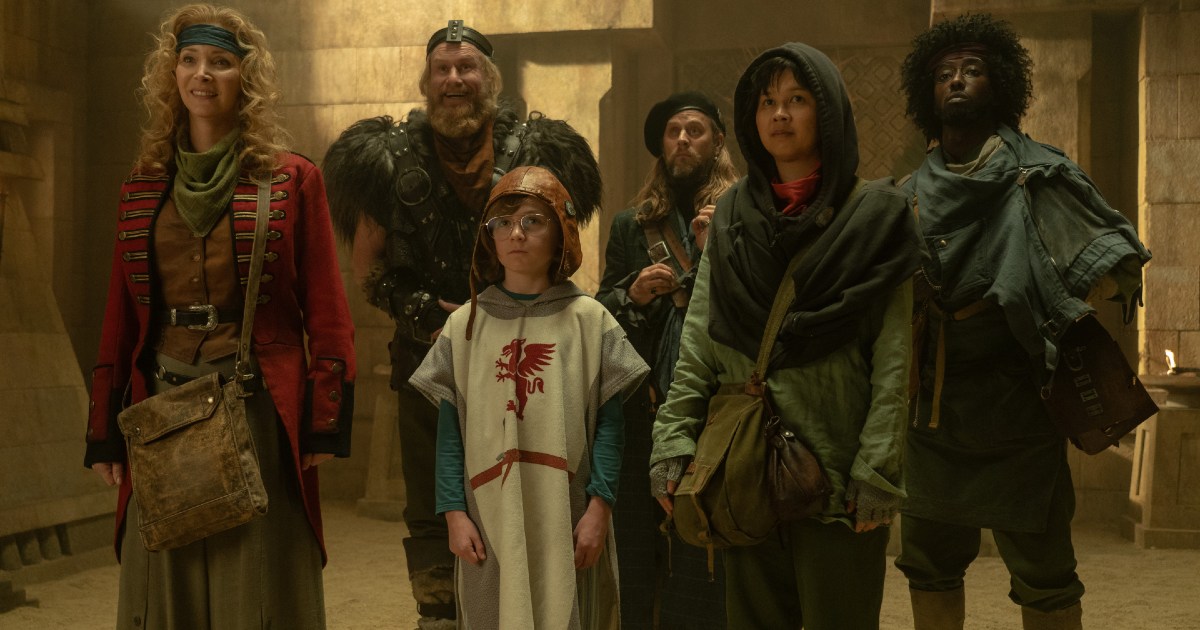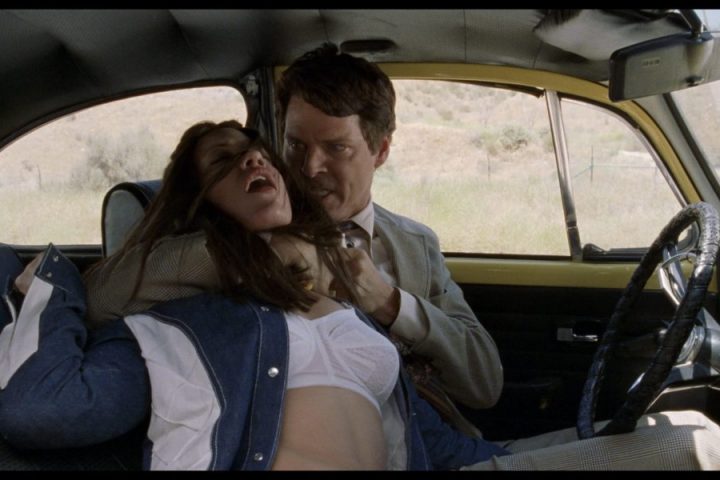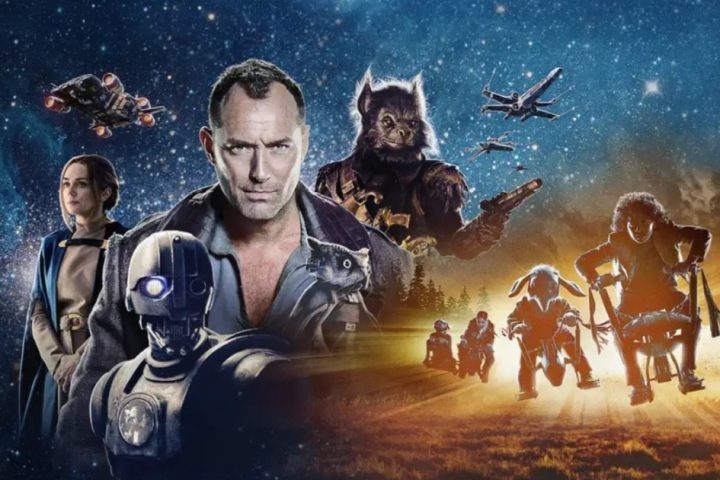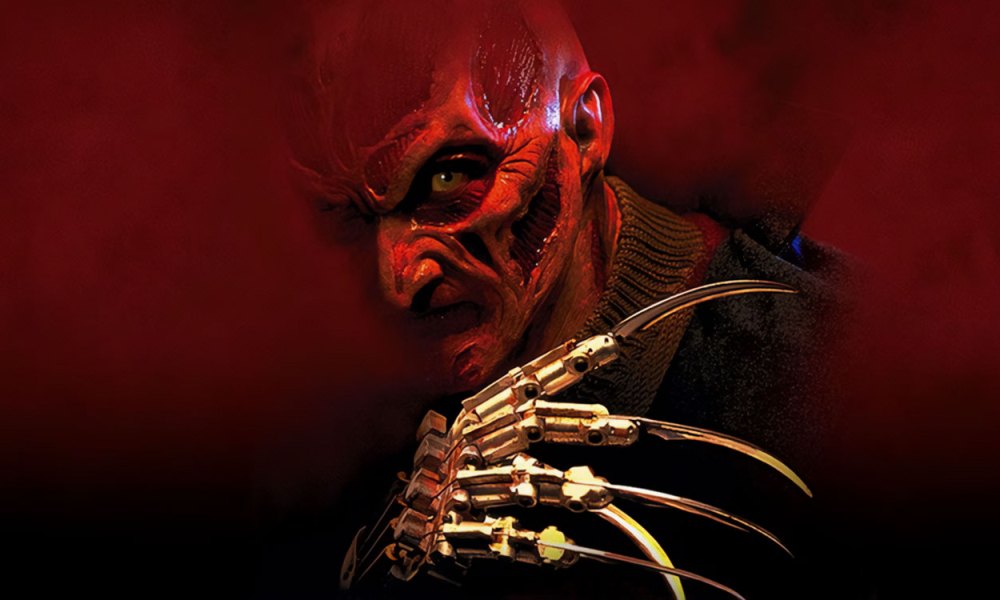Imagine a remake of Terry Gilliam’s 1981 masterpiece, Time Bandits, recently brought to life in 4K by Criterion. If it had to be done, who better to take the reins than Taika Waititi and Jemaine Clement, successors to Monty Python alumni Gilliam and Michael Palin? Both pairs share a knack for blending the ordinary with the extraordinary, and Waititi’s directorial portfolio boasts comedies about gods and historical monsters.
However, the decision to remake Time Bandits for TV was, arguably, a misstep. A sequel was likely dismissed due to the passing of key cast members, but the original film is so quintessentially Gilliam that remaking it feels akin to attempting to recreate Blue Velvet or Star Wars. Occasionally, a remake defies the odds, like the Fargo TV series, but Time Bandits falls short. Despite some successful elements in Time Bandits 2024, it lacks the anarchic spirit and biting satire of Gilliam’s original, replacing it with plot points and humor that feel like studio-imposed changes.
Kevin Shines
Let’s kick off with the positives. Newcomer Kal-El Tuck is a revelation as Kevin, outshining Craig Warnock’s original portrayal. With the film’s storyline stretched over ten episodes, we spend more time with Kevin and his family. His tech-obsessed parents and bratty younger sister (Kiera Thompson) are still present, but they all seem to genuinely care for him, tolerating his history-obsessed quirks. Kevin is a loner and a target for bullies, but he seems content with his solitude, rarely using the internet, save for the occasional Wikipedia reference.
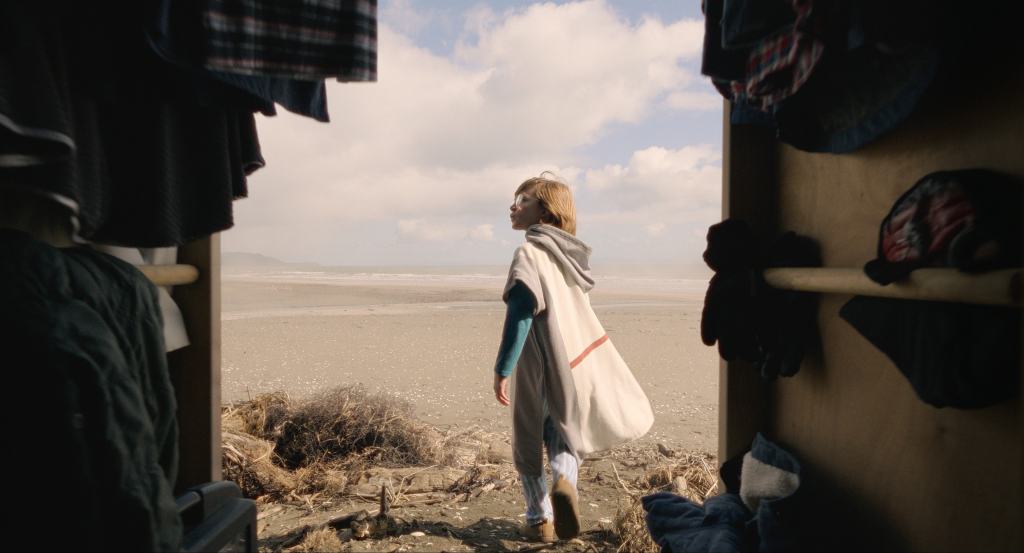
The first few episodes mirror the film’s plot, introducing a band of aspiring robbers who, once employed by the Supreme Being (God), steal his map of time holes to traverse history. The middle episodes echo classic time travel shows like Voyagers or Mr. Peabody and Sherman, with self-contained episodes set in different historical periods. In a nod to diversity, King Agamemnon’s fatherly role is replaced by Mali emperor Mansa Musa, a character likely to send viewers to the internet for a history lesson. The finale, however, may leave Time Bandits fans feeling frustrated, with a cliffhanger ending that hints at a second season.
Small Stakes?
The bandits, who refer to themselves as “The Time Bandits” multiple times, present a casting conundrum. Should they be portrayed by little-person actors, as in the original, risking accusations of othering actors with dwarfism? Or should they be average-sized, potentially limiting opportunities for little people? Waititi strikes a balance: other characters who work for the Supreme Being are played by little people, while the bandits are mostly average-sized.
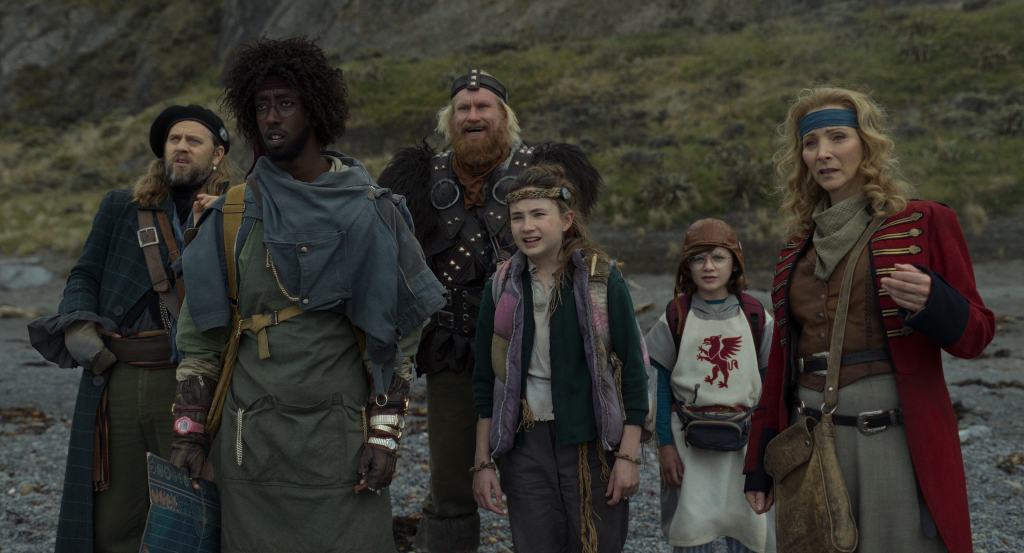
Gilliam’s original casting allowed for a child’s-eye view, with the added benefit of filming smaller set pieces and letting the audience’s imagination fill in the gaps. Apple TV, however, has invested heavily in the production, resulting in grand CG landscapes in every setting.
Replacing David Rappaport’s Randall, we have Lisa Kudrow as Penelope, who relies on sarcasm and wit where Rappaport alternated between callous and sweet. Kudrow is an underrated actor, but the character is challenging, with several issues we won’t spoil here. Suffice to say, the character’s motivation should have been simple: “Working for God is a drag; let’s steal his stuff.”
Mismatched, Mismanaged
The rest of the team includes Irish-accented Alto (Tadhg Murphy), autistic-coded map-reader Widgit (Roger Jean Nsengiyumva), empath Judy (Charlyne Yi), and Scandinavian-ish strongman Bittelig (Rune Temte), whose deer-in-headlights stare and nervous line delivery make him feel like a Will Ferrell character. While they receive more character development than the original dwarfs, they lack the same unity as a crew.
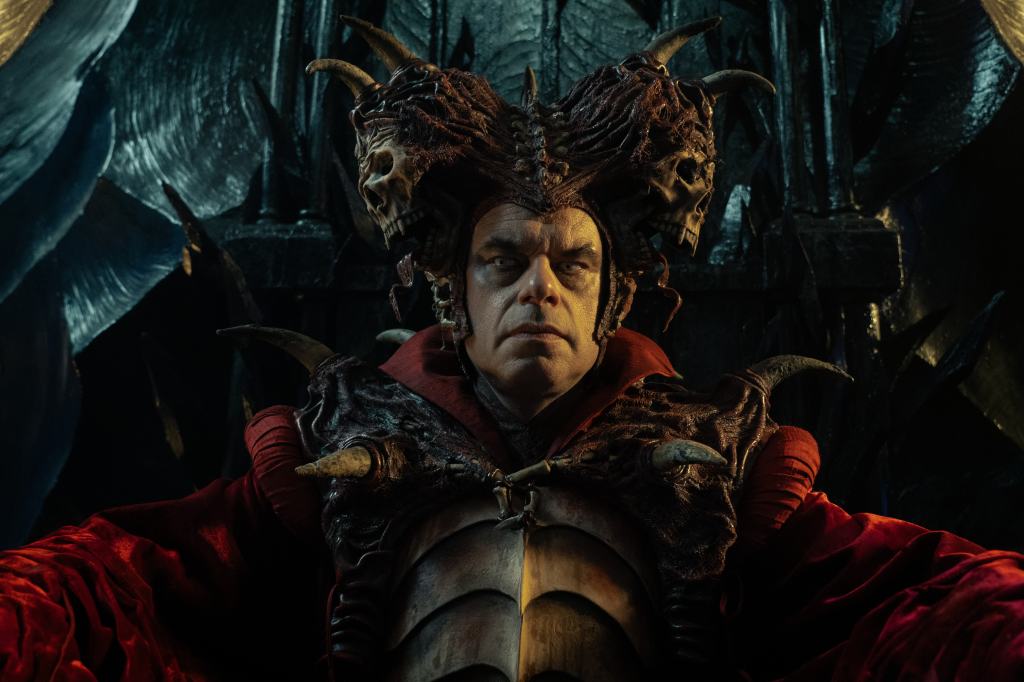
As for God/The Supreme Being and Satan/Pure Evil, they’re played by Waititi and Clement, respectively, and here’s one of the major symptoms of what’s wrong. Waititi’s take on God is weird, but not in an interesting way — he cares nothing for humans and wants to wipe them out for no particular reason other than a fresh start. If there’s any thought put into why God is like this, it doesn’t come across beyond the fact that Waititi likely just thought it was funny. Gilliam had Ralph Richardson acting like a distracted CEO, a pointedly satirical take played brilliantly by a master thespian.
Clement mostly imitates David Warner’s performance, which makes for a reasonably funny impersonation. The whole reason Warner was funny, though, was that he played the role completely seriously while surrounded by absurdity. His version of Evil represented, among other things, technology and its temptations. Waititi and Clement’s versions don’t seem to represent anything.
History Mysteries
The same goes for the historical periods visited. Gilliam, again, had a strong point of view about everything he was depicting. Robin Hood is a hypocritical fable! Napoleon’s, well, Napoleon complex drove him to violence! Next to modern-day couch-potato parents, even a brutal warrior like Agamemnon looks good as a dad! The director wasn’t above pushing the jokes to absurd extremes, but there was a social-disruptive theme beneath it all. Waititi’s characters long to be normal in a way Gilliam’s never would. Gilliam unmercifully killed off Kevin’s parents at the end of the movie as extreme karma for their inability to listen or pay attention. Waititi offers take-backsie loopholes for many mortal dangers.

At the best of times, the show can come close. The third episode, set mostly in medieval England and directed by What We Do in The Shadows’ Jackie Van Beek, has some pointed and amusing critiques of authoritarian structures and vaccine-deniers through the filter of the Black Plague and a Sheriff of Nottingham-like villain. (She also gets that adding dinosaurs is usually a net good.) An entire Ice Age tribe learns to speak in aggressive Cockney slang in episode 7, and it’s a fun detour from the main plotline.
Baseline Boundaries
More often, though, there’s nothing deeper than the Earl of Sandwich (Mark Gatiss, having fun) being a standard-issue foppish dandy or the Mayans being more civilized than expected. A monstrous assassin-creature, who ironically looks more like the Marvel comics version of Gorr the God-Butcher than Christian Bale, has an incongruously normal New Zealand accent because it’s Waititi regular Rachel House. A trip to the ’90s feels like an attempt to shoehorn in a Back to the Future remake as well. This is just the kind of shtick we’ve come to expect from Waititi and his collaborators, and no more.
All of this is a precursor to an ending that’s so tone-deaf it actually betrays any emotional investment in the thing, devaluing and disrespecting both the character of Penelope and our interest in any sort of closure. Movies and shows that send people away mad tend to blind them to any good that came before — Game of Thrones knows this better than anyone — so let’s be at least a little kind and not forget that Tuck feels like a promising young actor, and if kids watching learn a bit more about the history they aren’t taught in school, good.
That said, can we please find the time hole that leads back to the greenlighting of this series, and stop it from happening?
Grade: 1.5/5
Time Bandits’ first two episodes debut on Apple TV+ on July 24.

